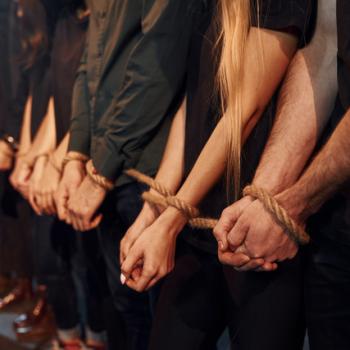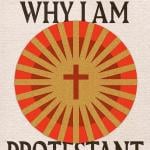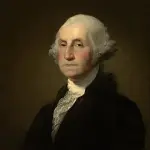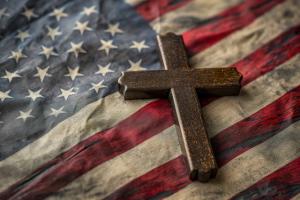
Is America a Christian nation, and if so, what exactly does that mean? This question is deeply polarizing and has grown increasingly contentious in light of the country’s widening cultural divide. The answer differs along political lines. Let’s take a look.
Christian Influence on America
The idea that America is a “Christian nation” is complex and depends on whether you’re asking about cultural influence, legal foundations, or spiritual identity. Undoubtedly, there was a Christian influence amongst the founders, although the founding fathers’ faith varied. Christian traditions shaped the upbringing of most of the Founding Fathers.
- Anglicanism: George Washington, John Jay, Edward Rutledge.
- Presbyterianism: Richard Stockton, John Witherspoon.
- Congregationalism: John Adams, Samuel Adams.
- Roman Catholicism: Charles Carroll, Daniel Carroll, Thomas Fitzsimmons.
- Churches baptized many Founding Fathers, recorded them on membership rolls, married them to practicing Christians, and welcomed them to services—though their attendance and devotion varied.
There were three of the most famous founding fathers who had their own perspectives:
- Thomas Jefferson: Rejected miracles and supernatural elements, famously created the Jefferson Bible by extracting only Jesus’ moral teachings. He once said, “I am of a sect by myself.”
- Benjamin Franklin: Embraced Deism, viewing God as a distant creator. He valued virtue and civic duty over religious dogma. A Deist believes in the existence of a Creator who designed the universe but does not intervene in its workings.
- James Madison: Advocated strongly for religious liberty and the separation of church and state, influenced by Enlightenment ideals.
These men’s faith shaped the emerging country’s historical, legal, and cultural aspects.
How Did Christians Influence What Would Become the United States?
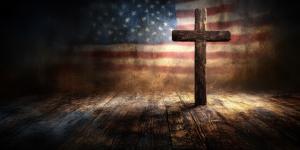
Let’s examine how the Christian faith influenced the country.
- Christian moral teachings shaped many Founding Fathers, even though their theological views varied.
- The Declaration of Independence references “Nature’s God” and “divine Providence,” reflecting a belief in a Creator—but not explicitly Christian doctrine.
- The Founders agreed that religious liberty was essential. They opposed a national church but created a system hospitable to all faiths. The U.S. Constitution deliberately avoids establishing Christianity—or any religion—as the official faith.
- The First Amendment prohibits a national religion but protects citizens from practicing their faith without government interference.
- Christian values influenced laws and customs, but the legal system supports multiple beliefs, cultures, and worldviews—religious and non-religious alike.
- Historically, the U.S. has had a predominantly Christian population, which has shaped holidays, public rituals, and moral norms.
Is This Still True Today?
America is not a Christian nation in the legal sense—but it is a nation profoundly shaped by Christian ideas. It’s a place where Christian moral truths helped form the foundation, yet where liberty allows all beliefs to flourish. That being said, the state of society today challenges much of the Christian influence on our laws, culture, and customs:
- Issues like abortion, capital punishment, and assisted suicide challenge the very basis of Christian faith – the dignity and respect for human life.
- Some governments misunderstand the separation of church and state—it protects us from the government and allows us to practice whatever faith we choose. This results in an effort in some cities and towns to eradicate anything religious in public.
- The number of Americans identifying as Christian has dropped from 78% in 2007 to 62% in 2024, though the decline may be leveling off.
- People with no religious affiliation have surged to almost 30% of the U.S. population.
On a hopeful note, there has been a faith resurgence among Gen Z’ers since the pandemic. Many turn to faith—especially Christianity—for clarity, purpose, and moral grounding in a chaotic age. This is excellent news in a world that desperately needs God.
Please let me know your thoughts about this article in the “Comments” section.
Peace
If you like this article, you might enjoy:
Faith in Times of Media Bias and Crisis
Political Tensions Surge After Charlie Kirk’s Death
We’ve Failed Them Again: Another School Shooting






